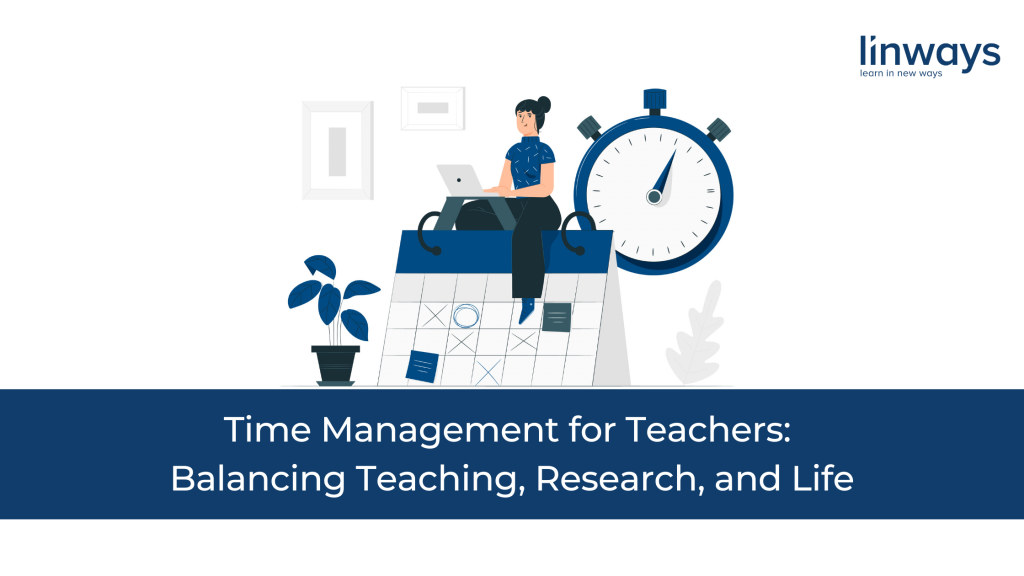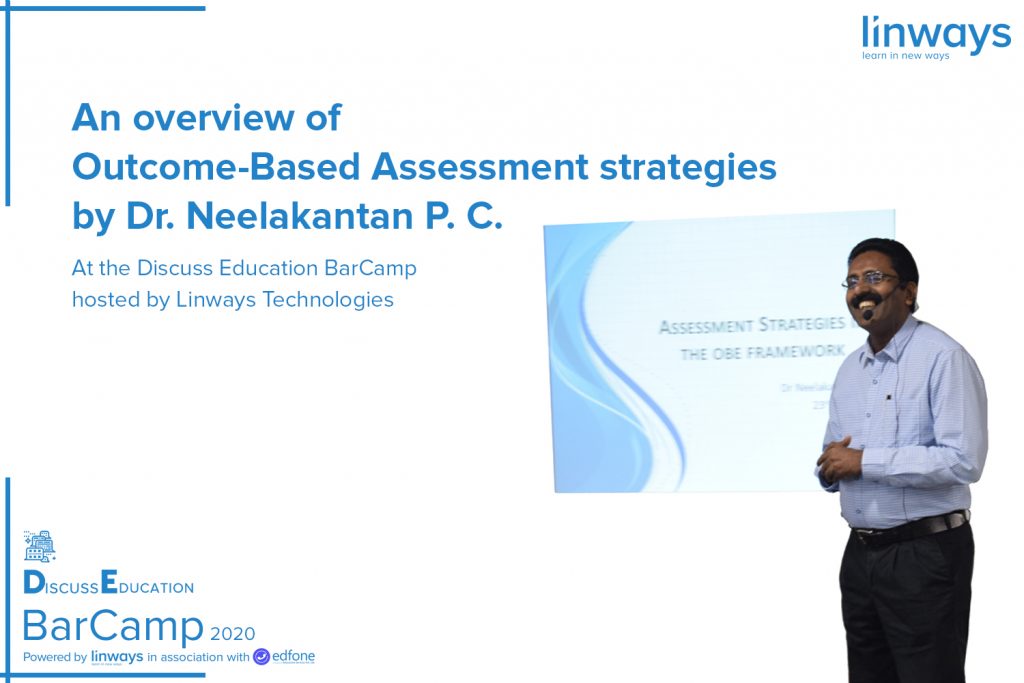
Teachers often find themselves juggling multiple responsibilities, with teaching, research, and personal life demanding their attention. This delicate balancing act can be challenging. But with effective time management strategies, it is possible to excel in all areas while maintaining a healthy work-life balance. In this blog post, we will explore practical tips for teachers to optimize their time and successfully navigate the demands of teaching, research, and life outside academia.
Prioritize and Set Clear Goal
The first step in managing your time effectively is to identify your priorities. What are your main teaching and research responsibilities, and what personal life commitments do you need to honor? Once you’ve clarified your priorities, set clear, achievable goals for each area. This will provide a roadmap for your daily and weekly tasks.
Create a Detailed Schedule
Develop a daily and weekly schedule that allocates specific blocks of time for teaching, research, and personal life. Be realistic about the time each task requires. Also consider your most productive times of the day. Use digital calendars or planners to organize your schedule. You can also set reminders for important deadlines and commitments.
Learn to Say No
Teachers often face requests for additional commitments, such as committee work or extra teaching responsibilities. While it’s essential to contribute to your academic community, overextending yourself can lead to burnout. Politely decline requests that don’t align with your current priorities and goals.
Time Blocking
Use a technique called “time blocking” to allocate dedicated periods for specific tasks. For example, set aside blocks of time for research, grading, lesson planning, and personal activities. During these blocks, focus solely on the task at hand. Also, make sure to minimize distractions.
Delegate and Collaborate
Recognize that you don’t have to do everything yourself. Delegate tasks when possible. Whether it’s assigning teaching assistants to assist with grading or collaborating with colleagues on research projects. Effective delegation can free up valuable time for higher-priority activities.
Make the Most of Dead Time
Utilize pockets of time throughout the day. Take breaks between classes or while commuting, to tackle smaller tasks like responding to emails, reading research articles, or jotting down ideas for projects.
Set Realistic Expectations
Be realistic about what you can accomplish in a given day or week. Avoid overloading your schedule, as this can lead to stress and lower productivity. Instead, focus on completing a few high-priority tasks thoroughly.
Embrace Technology
Leverage technology to streamline your work processes. Use productivity apps and tools for tasks like organizing research materials, grading, and scheduling. These can save you time and reduce administrative burdens.
Speaking of technology, teachers can make use of Linways Lesson Planner to effectively organize your teaching activities.
Protect Your Personal Time
Maintaining a work-life balance is crucial for your well-being. Set boundaries by establishing a cutoff time for work-related tasks. Resist the temptation to check emails or work during your personal time. Spend quality time with family and engage in hobbies or activities that rejuvenate you.
Reflect and Adjust
Regularly assess your time management strategies and make adjustments as needed. Your responsibilities and goals may evolve over time. Therefore your time management approach should adapt accordingly.
Balancing teaching, research, and personal life is a continuous challenge for teachers. But effective time management can help you achieve success in all areas. By prioritizing your tasks, creating a structured schedule, and learning to say no when necessary, you can optimize your time and reduce stress. Remember that achieving a healthy work-life balance is not only essential for your well-being but also crucial for long-term academic success.
Also published on Medium.




